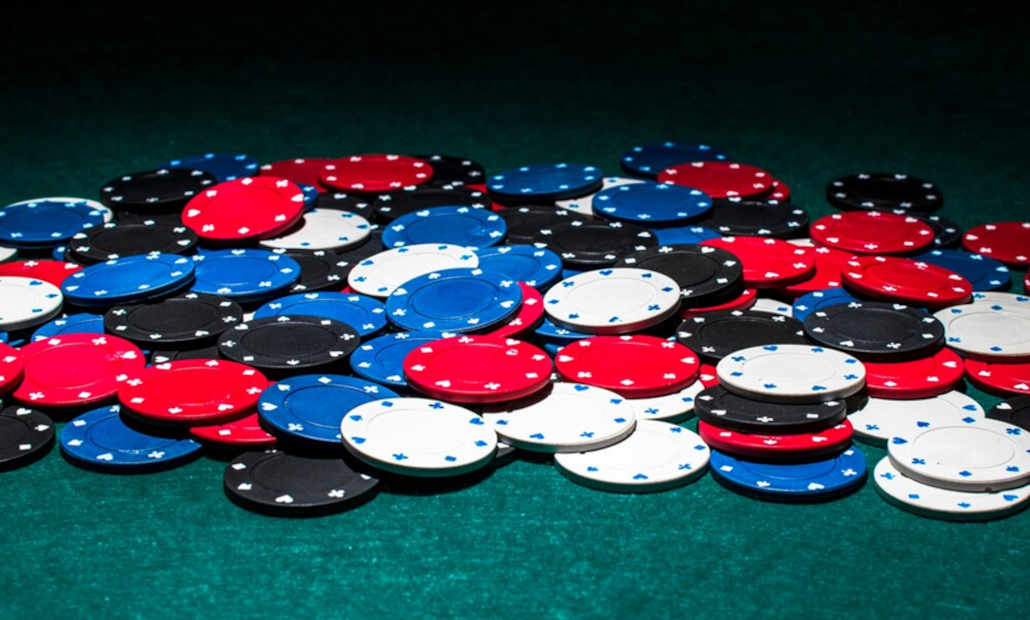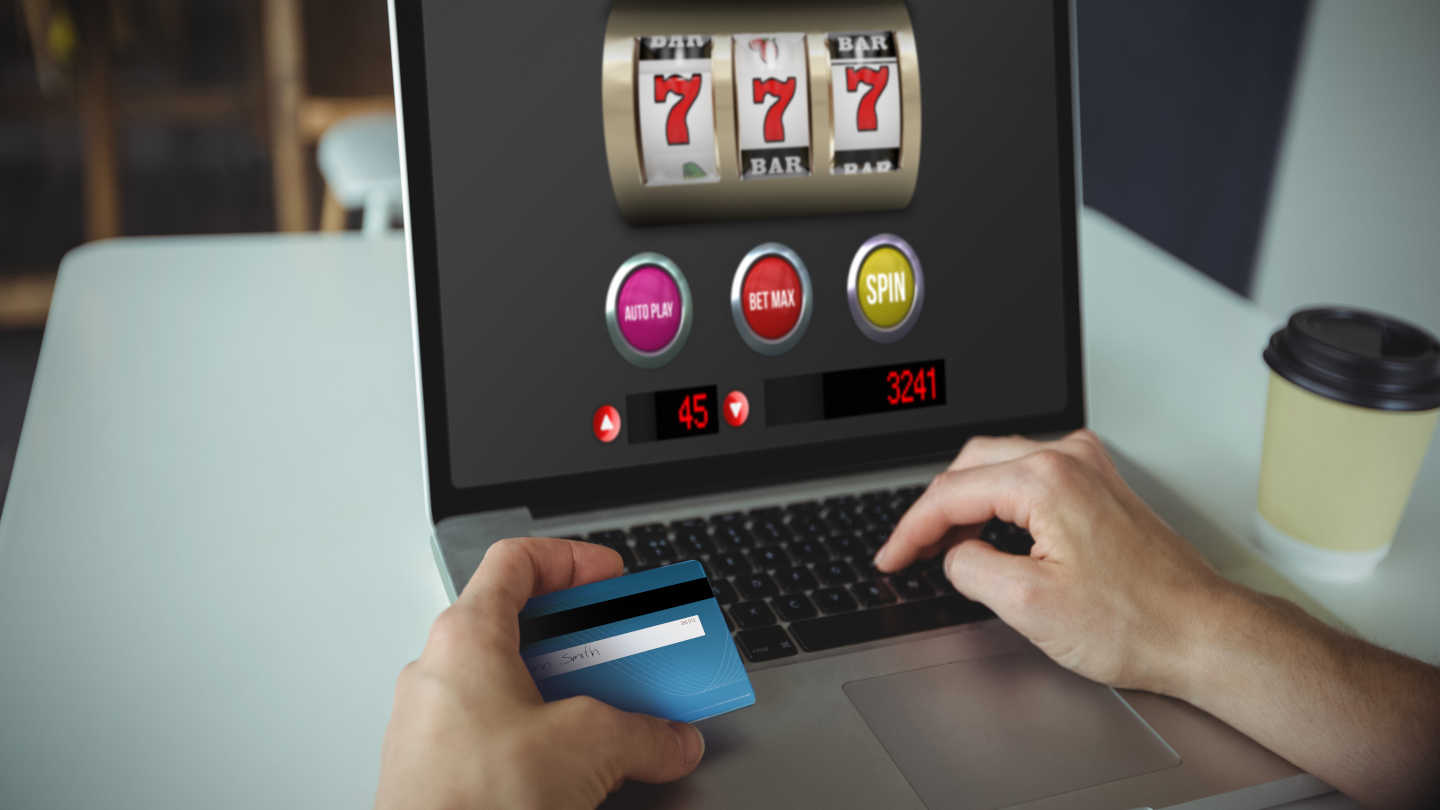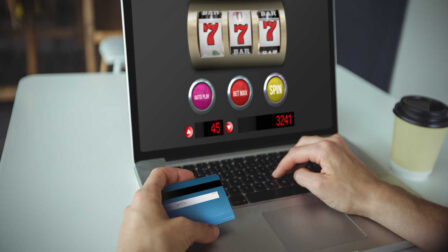Poker Guide: The Rights & Wrongs of Slow & Strong Play

4 minutes
Last Updated: March 9, 2023
The term “slow playing” in no-limit Texas Hold'em does not often relate to players pondering over their decisions for an extended period and playing their hands too slowly – although this is a frequently discussed topic, particularly in tournaments.
In fact, slow playing usually refers to a player playing a good hand weakly to persuade opponents to stay in the hand and, presumably, contribute more chips to a pot that the player expects to win.
When you think about it, slow playing is similar to other non-traditional plays such as check-raising or bluffing.
You have a strong hand but opt not to show it by checking or calling rather than betting or raising. The following are the best moments to slow-play a strong hand when playing online poker in the US.
Quads or Better
I'll immediately get the most apparent slow-play opportunity in poker out of the way. This one is self-evident to practically everyone, and I hardly need to state it, but I will.
In poker, it’s best to always play your hand slowly when you flop quads or better. These hands are so uncommon that no one tries to devise a strategy for playing them.
Every 4,000 hands, or something ridiculous like that, you will flop four of a kind. Hence, when you have quads or better in poker, you should always check or call a bet until the river.
Playing Against Aggressive Players
Other essential elements to consider are the types of players you will face in each game. Aggressive players are prime targets for slow plays with a dry board.
On a board like K♠J♥5♦, an aggressive player will often overplay their hand, such as a top pair with a middling kicker.
So, if you flop a set of fives or jacks, you can let your opponent do the betting for you and patiently wait until the turn or the river to spring your trap.
By that point, they might already be too invested in the pot and will have to pay you even though they’ll know that the odds of winning are very slim.
When Your Opponent’s Hand Is Limited
There are numerous points in poker where you must consider what you want your opponent to have. It's typically used when bluffing.
However, in this case, the opposite is true. Assume you have a J-6-2 board and pocket jacks. Is it a good idea to play fast here?
When you flop a set, you want your opponent to have top pair so they don't fold, but you have two of the top three pair cards, so they’re unlikely to have the case jack in their hand.
So when you don't block the hands you want your opponent to have, you should play faster. When the opposite is true, you should slowplay your hand and let them catch up a bit.

Against Players Who Fold a Lot
When deciding whether or not to slow-play, as with everything else in poker, you should consider any reads or pertinent stats from your poker software.
For example, when playing against opponents who have been historically “sticky,” you can afford to play your large hands faster than usual.
In contrast, if you're up against someone who folds to flop raises most of the time, you should be more tempted to take a riskier approach and call, even if the board isn't super safe.
This will enable you to make little changes to your strategy and generate new lines and out-of-the-box thinking, yielding more significant outcomes than simply going into auto-pilot mode.
After You Have Played a Variety of Hands
If you bet or call after demonstrating a tight or conservative playing style, you are telling your opponents that you are confident that you have a winning hand.
However, if they believe you like to play various hands, delayed play can broaden your range of possible poker hands and make your opponent uncertain about what you might have.
In this manner, they may believe you are simply calling with a mediocre hand and be willing to put more money into the middle.

Bottom Line
Slow play in poker is a complex but very successful approach when executed correctly.
First, when you're playing your hands slow, make sure you analyze your opponents. Then, to avoid being overwhelmed by your opponents when you reach the river, carefully time your actions.
When this technique pays out, it's exciting and highly fulfilling, but it’s always a good idea to remain enigmatic and hard to read at the table and continually switch things up.
When it comes to poker success, you must keep your wits about you and think through every decision to ensure you understand why you’re making the movements you are.
The tips in this article should help you realize when you should and shouldn’t slow play your good hands for the best results.

















